What are you looking for at Aqrani library?
-
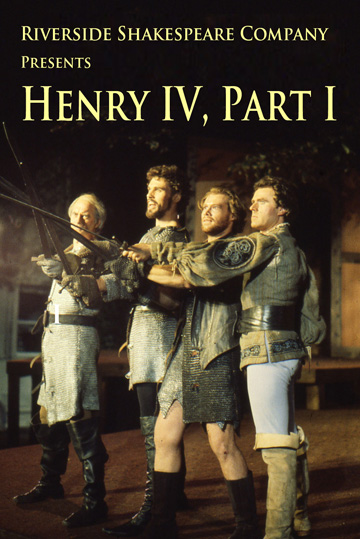
Henry IV Part 1
King Henry IV, Part 1 is the second of Shakespeare’s eight Wars of the Roses history plays, with events following those of King Richard II. As the play opens, King Henry IV (formerly Henry Bolingbroke) and Henry Percy (Hotspur) argue over the disposition of prisoners from the Battle of Holmedon. The King’s attitude toward Mortimer and the Percy family prompts them to plot rebellion. In the meantime, his son Prince Hal is living the low life in the company of Sir John Falstaff. As the time of battle nears, Prince Hal joins his father and is given a high command. The play’s climax is the Battle of Shrewsbury, in which Prince Hal and Hotspur meet and fight, with Prince Hal and the forces of the King prevailing.
-
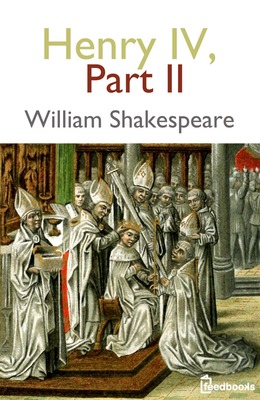
Henry IV Part 2
King Henry IV, is the second of Shakespeare’s eight Wars of the Roses history plays, with events following those of King Richard II. As the play opens, King Henry IV (formerly Henry Bolingbroke) and Henry Percy (Hotspur) argue over the disposition of prisoners from the Battle of Holmedon. The King’s attitude toward Mortimer and the Percy family prompts them to plot rebellion. In the meantime, his son Prince Hal is living the low life in the company of Sir John Falstaff. As the time of battle nears, Prince Hal joins his father and is given a high command. The play’s climax is the Battle of Shrewsbury, in which Prince Hal and Hotspur meet and fight, with Prince Hal and the forces of the King prevailing. The action continues in King Henry IV, Part 2. From the start this has been an extremely popular play both with the public and with critics.
-
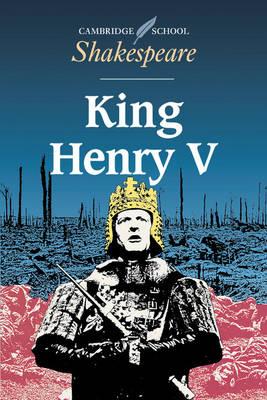
Henry V
After the turmoil and uncertainty of Henry IV a new era appears to dawn for England with the accession of the eponymous Henry V. In this sunny pageant, the Chorus guides us along Henry's glittering carpet ride of success as the new king completes his transformation from rebellious wastrel to a truly regal potentate. Of course, there is an underlying feeling that the good times won't last, and this is all the more reason to enjoy the Indian summer before the protracted and bitter fall of the house of Lancaster.
-
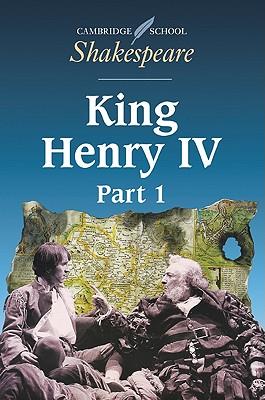
Henry VI Part 1
Henry VI, Part 1 is a history play by William Shakespeare, believed to have been written in 1591, and set during the lifetime of King Henry VI of England. Whereas 2 Henry VI deals with the King's inability to quell the bickering of his nobles, and the inevitability of armed conflict, and 3 Henry VI deals with the horrors of that conflict, 1 Henry VI deals with the loss of England's French territories and the political machinations leading up to the Wars of the Roses, as the English political system is torn apart by personal squabbles and petty jealousy.
-
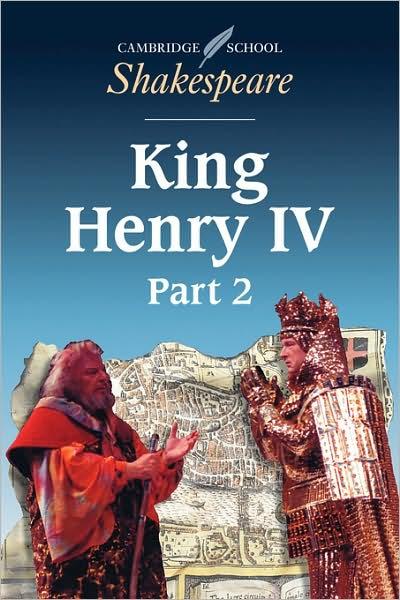
Henry VI Part 2
Henry VI, Part 2 (often written as 2 Henry VI) is a history play by William Shakespeare believed to have been written in 1591 and set during the lifetime of King Henry VI of England. Whereas 1 Henry VI deals primarily with the loss of England's French territories and the political machinations leading up to the Wars of the Roses, and 3 Henry VI deals with the horrors of that conflict, 2 Henry VI focuses on the King's inability to quell the bickering of his nobles, the death of his trusted adviser Humphrey, Duke of Gloucester, the rise of the Duke of York and the inevitability of armed conflict. As such, the play culminates with the opening battle of the War, the First Battle of St Albans. Although the Henry VI trilogy may not have been written in chronological order, the three plays are often grouped together with Richard III to form a tetralogy covering the entire Wars of the Roses saga, from the death of Henry V in 1422 to the rise to power of Henry VII in 1485. It was the success of this sequence of plays that firmly established Shakespeare's reputation as a playwright. Henry VI, Part 2 has the largest cast of all Shakespeare's plays[a] and is seen by many critics as the best of the Henry VI trilogy.
-
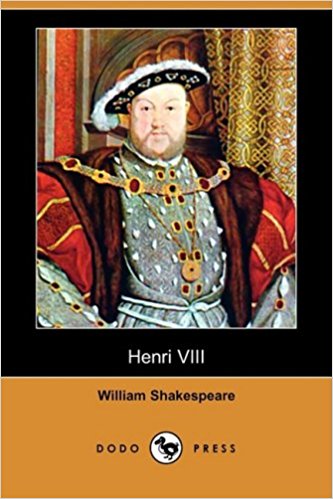
Henry VIII
This is Shakespeare's dutiful tribute to one of the most imposing and terrifying rulers in European history. The kingdom trembles as the giant monarch storms through his midlife crisis, disposing of the faithful Katharine of Aragon and starting a new life and, the king hopes, a line of succession with the captivating young Anne Bullen. Unlike his predecessors, Henry has no doubt about the security of his tenure on the throne, and dominates the royal court with absolute authority. The extent of the King's power is graphically illustrated by the fate of the Duke of Buckingham, who goes calmly to execution while deploring, not the unjust despotism of the king. but rather the machinations of the unscrupulous advisers who led their sovereign astray. As in Henry V, Shakespeare's other portrait of a relentlessly triumphant monarch, the interest of the audience is maintained by the sheer busyness of the action and the lively interpolations from minor characters such as the ambitous Old Lady. The play has a surprisingly modern flavour: the presentation of the drama has a journalistic aspect almost completely absent from Shakespeare's other history plays. There is even a set of "Royal watchers" - the three gossipy gentlemen!
-
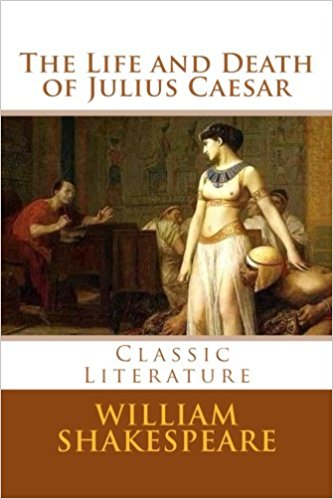
Julius Caesar
Though it's titled The Tragedy of Julius Caesar, the man himself appears only in five scenes in the entire play! However, such is his impact on the events that surrounded him that he still remains the central figure in this psychological drama that combines politics, honor, assassination, betrayal, the lust for power, patriotism and friendship. Set in 44 BC in ancient Rome, it is one of William Shakespeare's early Tragedies. First thought to have been performed in September 1599, William Shakespeare's original text or script have long vanished. What we have today is taken from a prompt script that must have been used by stage managers in Elizabethan times. Shakespeare probably used the historical facts found in Thomas North's translation of Plutarch's Life of Brutus and Life of Caesar.
-
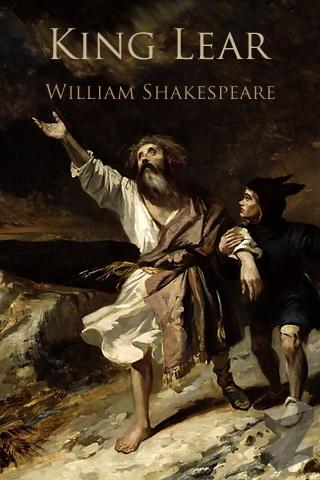
King Lear
Considered to be one of Shakespeare's greatest plays, the tragedy King Lear portrays some of the darkest aspects of human nature that can be found in literature. The helplessness of the human condition, as we fall prey to our destinies, the injustice and random cruelties practiced by people, suffering and humiliation, the lust for power and the greed for wealth are all depicted in this magnificent play. And through it all, runs the golden thread of love and sacrifice, daughterly affection and the true nature of our relationship with our parents. Little is known about the writing of the play. It is thought to have been drafted some time in 1603 but the authorship of Shakespeare was finally attributed to it only in the 1623 First Folio. Early 17th century audiences disliked the gloomy aspects of the play and it was given a happy ending. However, in the 19th century, the original was brought back and with it, Shakespeare's unerring grasp of human nature, love and family values.
-
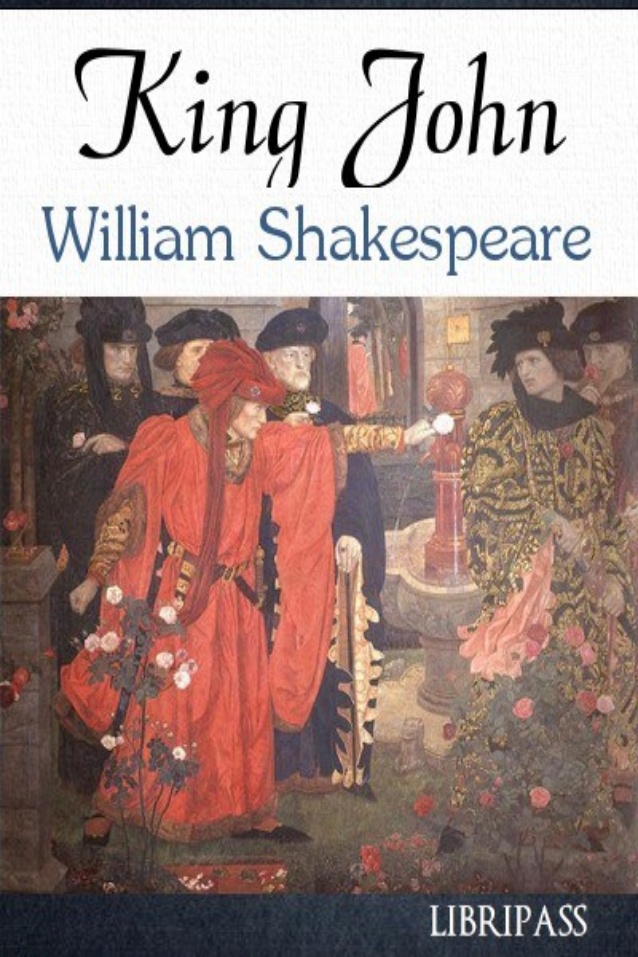
Life and Death of King Jo...
The Life and Death of King John, a history play by William Shakespeare, dramatises the reign of John, King of England (ruled 1199–1216), son of Henry II of England and Eleanor of Aquitaine and father of Henry III of England. It is believed to have been written in the mid-1590s but was not published until it appeared in the First Folio in 1623. John (24 December 1166 – 19 October 1216), also known as John Lackland or Softsword, was King of England from 6 April 1199 until his death. His reign saw the loss of the duchy of Normandy to the French king Philip II in 1204, resulting in the collapse of most of the Angevin Empire and the subsequent growth in the power of the Capetian dynasty over the rest of the 13th century. The baronial revolt at the end of John’s reign saw the signing of the Magna Carta, a document often considered to be an early step in the evolution of the constitution of the United Kingdom.
-
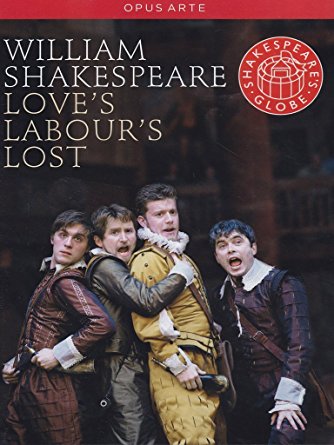
Loves Labours Lost
Love's Labour's Lost is an early comedy by William Shakespeare. Ferdinand, the King of Navarre, and his three friends take a vow of study and seclusion for three years, during which they are forbidden to see or speak to women. Their vows are immediately tested by the arrival of the Pricess of France and her three ladies to the King's court.